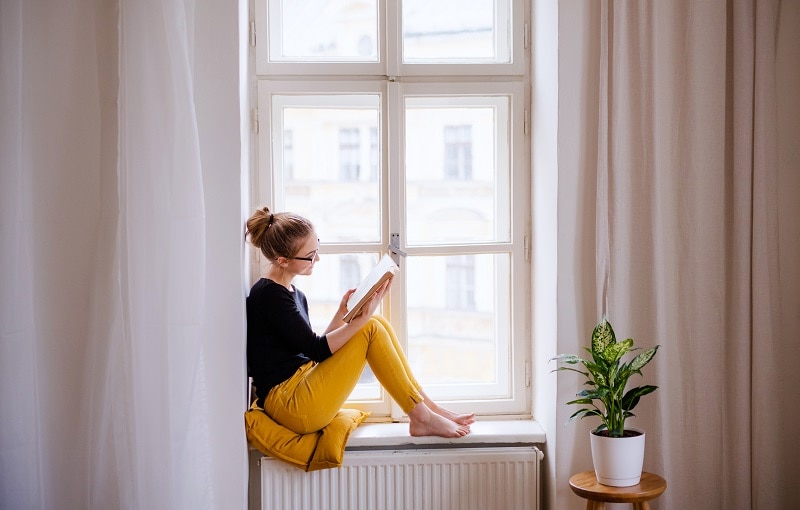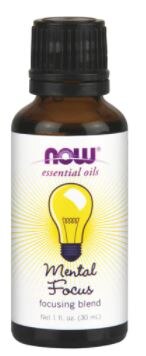I’m clearly not a laptop, but that doesn’t stop me from trying to do what laptops do: multitask.
“The term ‘multitasking’ was actually invented in the 1960s to describe the work of computers — not humans,” says Thatcher Wine, author of The Twelve Monotasks: Do One Thing at a Time to Do Everything Better.
That explains a lot, mostly how bad I am at trying to do many things at the same time. That’s because humans are wired to do one thing at a time.
“Neurological research shows that the more we multitask, the more errors we make, our stress levels increase, and then our ability to do anything at all suffers,” Wine says.
In other words, our brains can handle a limited number of tasks at once. When we multitask we’re essentially very quickly switching among tasks, not really doing them simultaneously. Every time we switch tasks, our brain needs time to acclimate to the new task — and then when we return to the old task, it needs time to pick up where we left off. Instead of making us more efficient, our multi-pronged strategy adds up to a lot of wasted time and energy, especially if we multitask dozens of times a day, every day.
“Monotasking is not about doing less overall,” Wine says. “It’s about doing one thing at a time, doing it well, then moving on to the next task.”
Ever since our smartphones sidled up to us everywhere, all the time, we’ve adopted multitask mode to increasing extremes. “They make us think we can do more than one thing at a time,” Wine says. “It takes a toll.”
We also seem to have a lot to do, “so the natural reaction is to cram as much as possible into every moment: answering a work email while watching a show while carrying on a conversation through a messaging app,” Wine says.
Monotasking can be hard. Wine gets that. Our “monotasking muscles” have atrophied to the point of being wholly distracted by tinny notifications on our phones and computers.
Thatcher’s guidance doesn’t demand you do anything dramatic. Instead, it asks that you be fully present with things you already do. Here are four “monotasks” he suggests as initiation:
Read.
“Start with reading,” says Wine, who is also founder and CEO of Juniper Books. “Reading focuses our eyes and our brains in one place. By putting down our phones and picking up a printed book, we’re forced to bring our attention to a singular focal point. Reading on paper is one of the most powerful monotasks for today’s technological world. Start with 10 to 20 minutes a day, and it will pay big dividends in your ability to reclaim your attention.”
Take a walk.
“If you’re stressed out and really don’t have time to go for a walk, that’s when you really need to go for a walk,” Wine says. “Let walking itself be the purpose, not the destination. It’s one of the best means of physical exercise that allows us to be truly present and connected to our environment and what’s happening around us. When you’re focused on intentional walking, and not counting steps or burned calories or on how much time you have before you’re due at your next destination, you can actually see, hear and feel the world around you.”
Keep it pure. “No music, podcasts or photo opps,” Wine instructs. “A simple 20-minute walk each day can make a huge difference in your life.”
Listen.
“Listening is key,” Wine notes. “Try to listen as if your life depended on it, for at least one conversation a day.”
This monotask has the added bonus of bettering your relationships. “We can all tell when someone we are talking with isn’t fully engaged, or is distracted and only half-listening,” Wine says. “Try to listen without interrupting while the other person is talking. Observe your own ability to pay attention. When your mind wanders, gently bring it back to the conversation without judgement.”
Sleep.
“Get some sleep!” Wine urges. “Monotasking sleep is as much about preparing to get a good night’s sleep as it is about the sleep itself.”
Wine suggests giving yourself an extra hour in bed, beyond the healthy adult standard of eight hours of sleep, so that you can account for the time it takes to fall asleep and wake up throughout the night, which most of us do, whether we realize it or not.
Turn off your devices or store them in a different room, keep your space as dark as possible, and maintain a cooler ambient temperature, which aids sleeping.
If you’re game (this suggestion does take extra “work”), maintain a sleep journal, and try tracking your sleep with an app so that you can make adjustments regularly, Wine says.
Download or free e-book, The Ultimate Guide to Healthy Sleep, for more helpful tips to improve your sleep.
Journalist Mitra Malek monotasked while writing this piece, which helped her finish it in no time flat. She hopes the inspiration she drew from the experience lasts.


